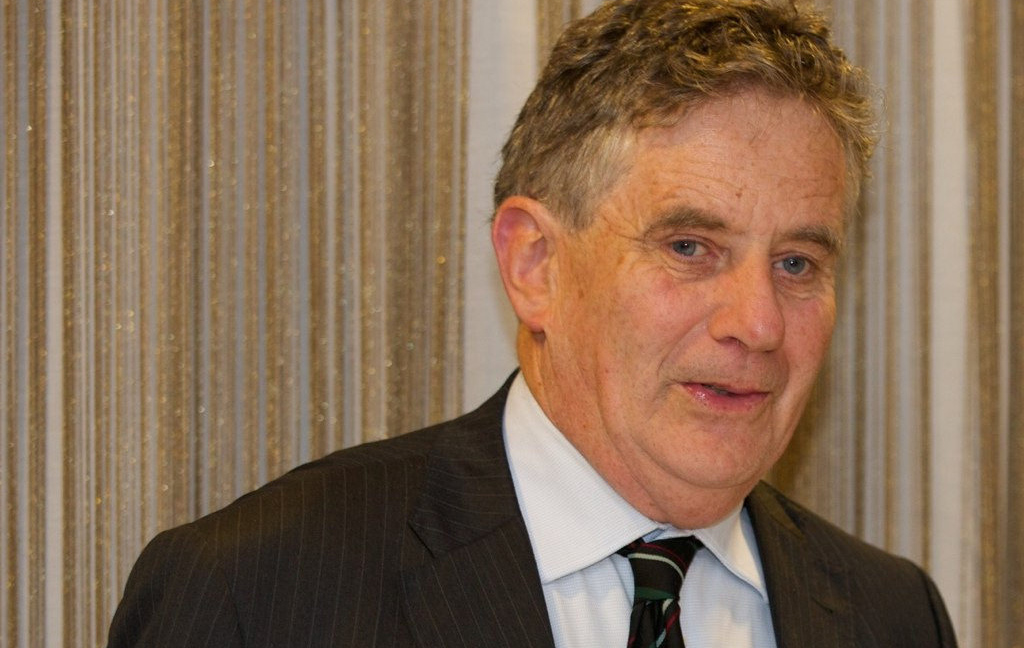Economist and former Senator, Dr Sean Barrett, has been inaugurated as the new Pro-Chancellor of Trinity at a ceremony held in the Provost’s House last week. Barrett previously worked as a senior lecturer at Trinity’s Economics Department. He is also a fellow of Trinity, and was elected to the Dublin University constituency of Seanad Éireann, where he served until 2016.
He served terms as both Junior Dean and Registrar of Chambers between 1986 and 2000. He has also served as one of the Vice-Presidents of the College Historical Society (Hist), the Vice President of Trinity’s Choral Society, and is the President of the Dublin University Business and Economics Society (DUBES).
Provost Patrick Prendergast has recognised Barrett’s successful career, noting that “he has made his career in Trinity, and representing Trinity for the past 40 years and we could hardly hope for a Pro-Chancellor more experienced in the university’s ways”. He also praised his strong devotion to Trinity’s “progression and advancement”.
He went on to add: “Here at Trinity, we recently agreed the four graduate attributes which we would like to underpin the Trinity education. We want our graduates: to think independently, to develop continuously, to communicate effectively and to act responsibly”.
According to Prendergast, “Sean embodies these attributes”. He added that “it has always come naturally to him to move effortlessly between the Academy and the Public Square”. He concluded his remarks by noting that Barrett is known for applying his research to “real life situations, [using] his knowledge and experience to progress the ways things are run in the university and the country”.
Barrett is a graduate of University College Dublin (UCD), where he received an undergraduate degree and doctorate. He has also studied in McMaster University in the US, before becoming a member of Trinity’s Department of Economics in 1977. His main area of study is transport economics, particularly in the civil aviation sector. He also works on health economics and the economics of public policy.






